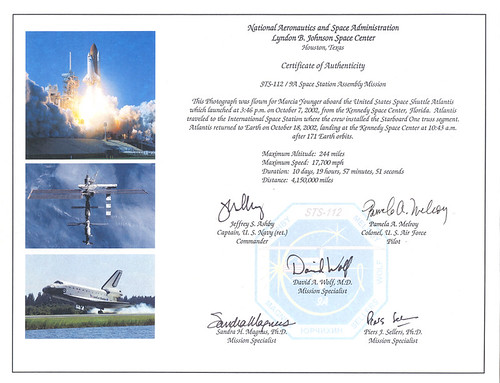 Read: Colossians 3:12-17
Read: Colossians 3:12-17Let the Word of Christ dwell in you richly . . . singing with grace in your hearts to the Lord. —Colossians 3:16
Several years ago, my husband helped to lead a work crew of high school students on a short-term missions trip to a Christian school in an urban community. Unfortunately, Tom had broken his foot shortly before the trip and was supervising the work from a wheelchair. He was discouraged because he wasn’t able to get around as he had hoped.
While he was working on the ground floor, a few of the girls were painting on the third floor. He could hear them singing praise choruses in harmony as their voices echoed down the wide-open staircases. Song after song ministered to him. “It was the most beautiful sound I’d ever heard,” he told me later. “And it lifted my spirits.”
Colossians 3 reminds us, “Let the Word of Christ dwell in you richly in all wisdom, teaching and admonishing one another in psalms and hymns and spiritual songs, singing with grace in your hearts to the Lord” (v.16). Not only were those teenage girls giving sweet praise to God, they were ministering to a co-worker.
Whatever you’re doing today, cultivate an attitude of praise. Whether it is through song or conversation, let your joy in the Lord reverberate to others. You never know who you might encourage.
Our words of praise and songs of joy
Can be a welcomed gift
To those who need encouragement—
Whose spirits need a lift. —Sper
Can be a welcomed gift
To those who need encouragement—
Whose spirits need a lift. —Sper
Hope can be ignited by a spark of encouragement.

















